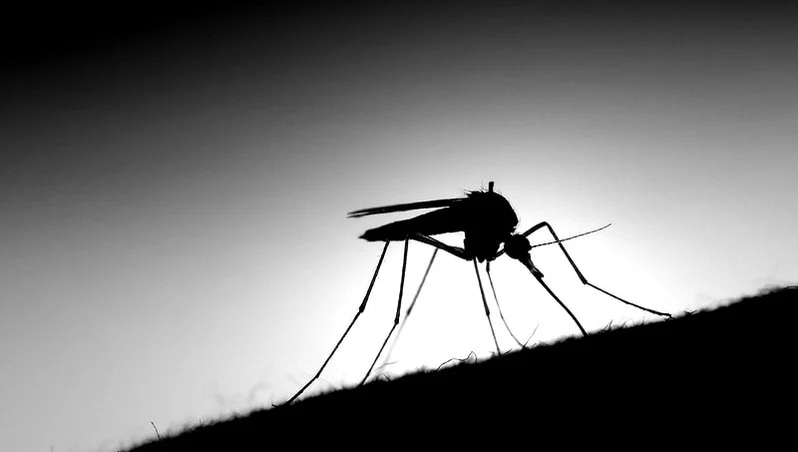The control of mosquitos can become very complicated for homeowners and professionals alike as the insect can adapt to changing conditions. Mosquitos can quickly fly away depositing eggs in another area close by. Pesticides may become displaced in heavy rains but there are options available.
WHAT MOSQUITOS DO
Mosquitoes are one of the most significant concerns for disease. Mosquitoes have adapted to thrive in an urban environment. Mosquitos have also evolved into becoming a major nuisance in residential backyards from one year to the next. According to the CDC, mosquitos are responsible for the transmission of West Nile virus, Zika virus and encephalitis.
Female mosquitoes feed on blood for egg development. The males do not feed on blood. Mosquitoes are extremely annoying to humans as they bite, posing a significant threat due to their ability to transmit diseases. As a food source for many creatures, mosquitos also play an important role in nature.
MOSQUITO BITES
Usually, a mosquito bite appears like a small, inflamed, and itchy bump. Some people may react more intensely if they are allergic. While the mosquito bite itself is harmless, mosquitoes can transmit diseases like malaria, West Nile virus, yellow fever, and Zika through the bite. Due to this risk, it's wise to use an insect repellant when outdoors to help prevent mosquitos from biting you. If you feel a mosquito bite is serious, seek medical help as soon as possible.
MOSQUITO LIFESTYLE
Mosquito populations are typically concentrated near areas where standing water can be found. Due to reproduction, mosquito eggs need water in order to hatch and thrive. Some species of mosquito lay their eggs directly in the water, while other species deposit their eggs in moist soil, out of direct sunlight. When the soil becomes flooded with water the eggs then hatch. The "floodwater" species of mosquitos lay their eggs in autumn, remaining dormant throughout the winter then, hatch during spring when rains fill the areas. A female mosquito will produce up to 200 eggs at a time that will easily developes into an infestation anywhere.
PREVENTING MOSQUITOS
STANDING WATER
Uncirculated water, ponds, fountains, retention ponds, birdbaths, and old tires.
MOIST CONDITIONS
Tree wells, tree holes, flowerbeds, plant containers, decorative pots, sprinklers.
RESTING AREAS
Any surface protected from wind and direct sunlight that retian higher levels of moisture. Take into consideration areas underneath decks and porches, the underside leaves, eaves, and gazebos.
One of the easiest ways to prevent mosquito populations from forming is to simply empty or throw out anything that could collect or retain standing water, like buckets, lids, old tires, etc. It is a well-known fact that mosquito infestations can start out of a single cap from a soda bottle. Another way to go about preventing mosquitos around your home is to use the traditional bug zappers. These are useful when hung or placed around porches and patios. Most insects are naturally attracted to light so it makes sense to attract them with bug zappers. When outdoors natural as well as conventional bug sprays will help knock down the total number of bites but understand most retail products are shy of long-term control. many of these retail products have a very low dose of active ingredients allowing their effectiveness to only last a few minutes to a few hours at best. If a mosquito infestation seems out of your control, give Gladhill ervices a call. We can evaluate the situation for you, seek out the breeding sites and develop a solution to deal resolve your problem as quickly and as effectively as possible.

